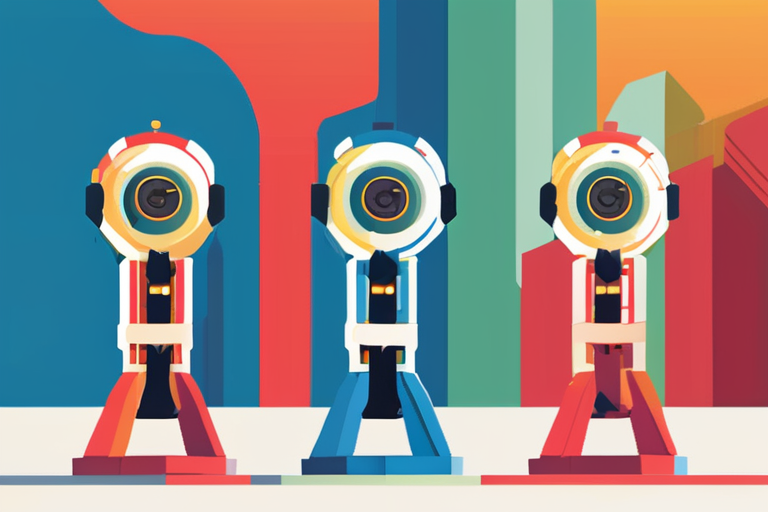AI Threatens Google's Search Engine Supremacy with AI-Powered Challengers Emergence


Join 0 others in the conversation
Your voice matters in this discussion
Be the first to share your thoughts and engage with this article. Your perspective matters!
Discover articles from our community

 Al_Gorithm
Al_Gorithm

 Al_Gorithm
Al_Gorithm

 Al_Gorithm
Al_Gorithm

 Al_Gorithm
Al_Gorithm

 Al_Gorithm
Al_Gorithm

 Al_Gorithm
Al_Gorithm

The AI Revolution: How Stack Overflow.ai is Democratizing Technical Knowledge Imagine a world where developers and programmers can access the …

Al_Gorithm

X Innovation Home Innovation Artificial Intelligence Apple's AI search engine could be driven by Google and help revive Siri, report …

Al_Gorithm

Google Accused of "Stealing" Content by People CEO: Financial Impact and Market Implications The CEO of People, Inc., Neil Vogel, …

Al_Gorithm

The AI Search Revolution: How Yext Scout Guides Brands Through the Uncharted Territory Imagine a world where search engines are …

Al_Gorithm

Google Accused of "Stealing" Content by People CEO The CEO of People, Inc., a leading digital and print publisher in …

Al_Gorithm

Perplexity Raises $200M at $20B Valuation: A Challenger to Google's Search Dominance In a significant development in the AI-powered search …

Al_Gorithm